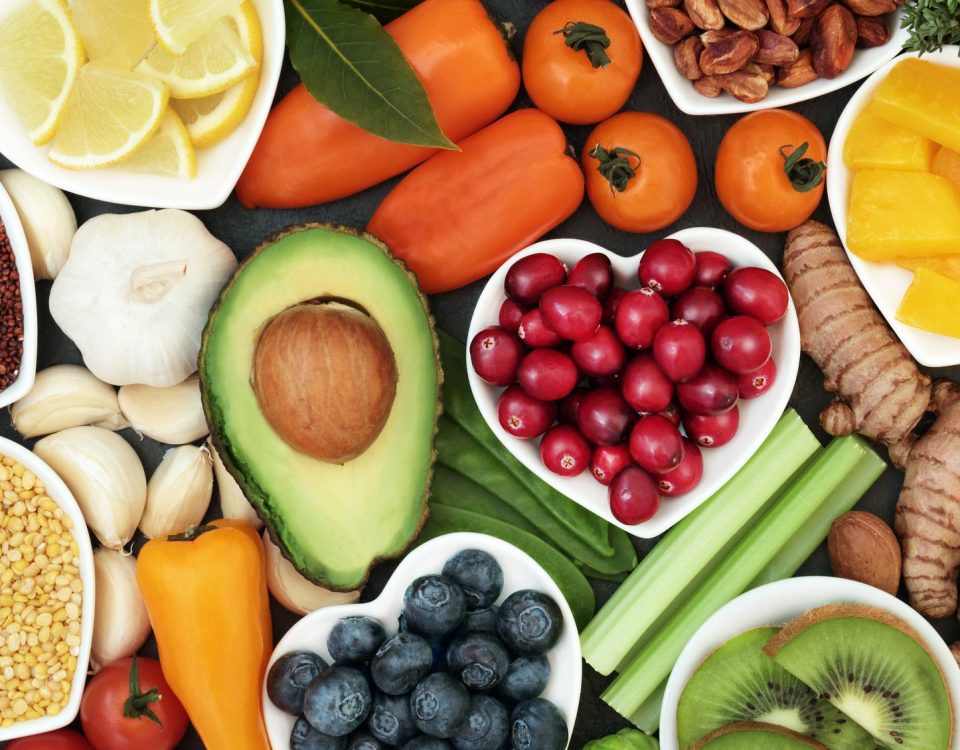
What To Eat After Plastic Surgery
Plastic surgery of any kind is a drastic change to your body. The time to heal from your procedure will vary depending on the surgery performed. As you plan making a body or facial change with a top plastic surgeon, one of the topics you’ll want to breech during your consultation is your plastic surgery diet.
What you eat ahead of the procedure and what you consume immediately following the surgery can play a role in how well your body heals. It is possible to support your body by making healthy diet choices and reducing your recovery period. Surgery can place stress on the body, but the proper nutrition will reduce your risk of infection and possibly lessen scarring.
Plastic Surgery Diet
Your body needs more nutrients, vitamins and minerals before and after plastic surgery to promote proper healing. Unless you’re on a specialized diet from your medical doctor, consider these changes or additions to your diet ahead of plastic surgery.
- Protein: New blood cell and collagen production rely on protein. Consuming the recommended daily amount of protein will give your immune system a boost and support your central nervous system. Choose from lean fish and organic meats, eggs, seeds, nuts and quinoa.
- Vitamins A and C: Surgical stress can cause free radical growth, which prolongs healing and can cause tissue damage. Fill your diet with Vitamins A and C to fill your body with the needed antioxidants to fight the affects of free radicals. Load your diet with fruits and veggies. Go for sweet potatoes, carrots, spinach, broccoli and sweet red peppers.
- Water: While it’s always good to drink plenty of water every day, staying hydrated before and after plastic surgery is particularly helpful to the healing of your skin. When you skin is hydrated and healthy, it will promote faster healing of your wounds. Dry, tight skin will make it difficult for incisions to heal.
A week before surgery, eliminate Omega 3c, which has been shown to increase bleed time. Other foods that can interfere with anesthesia and your immune system, like those containing Vitamins E, C, K, B, A, D, and any herbal supplements, should be avoided.
Ginger, green tea, flaxseed, cayenne, ginkgo, eggplant, garlic, tomatoes and potatoes could disturb blood clotting time or anesthesia. Eliminate these foods ahead of surgery. You’ll also want to skip neurotoxins like alcohol, caffeine aspartame and MSG.
Food To Avoid After Plastic Surgery
After you’ve completed your body contouring or facial transformation, there are certain elements to remove from your diet. In the immediately healing time, you want your body to be as primed for healing as possible. To achieve this goal, leave these foods out:
- Salt: Sodium can cause fluid retention, prolonging any swelling or puffiness near an incision. Reduce or eliminate salt immediately following surgery to allow your body to heal and see actual results more quickly.
- Sugar: Refined sugar or foods high in carbohydrates can suppress immune function and promote inflammation.
Your body will need five times as many nutrients than usual after surgery to help prevent infection and promote quick healing. Good nutrition will reduce swelling, ward off infection, pain and inflammation. Speak with your plastic surgeon and medical doctor about any prescription or over-the-counter medicines you take to ensure they’re safe before and after surgery.
The more seriously you follow your doctor’s orders, the easier your healing will be. The right foods have a great healing power. Choose the best foods to eat for healing after plastic surgery, as outlined above, for an even smoother recovery. Schedule your consultation now with the Mangat Copit Plastic Surgery team.
